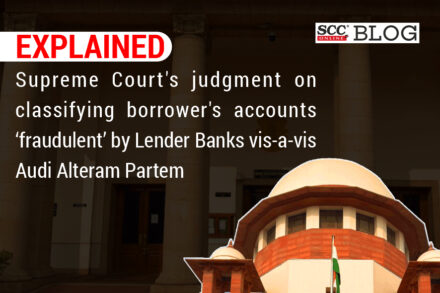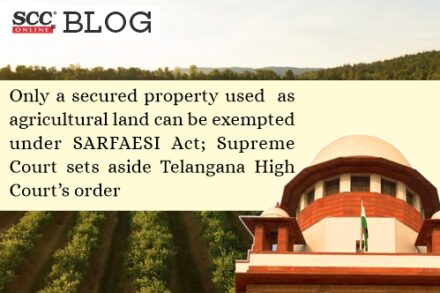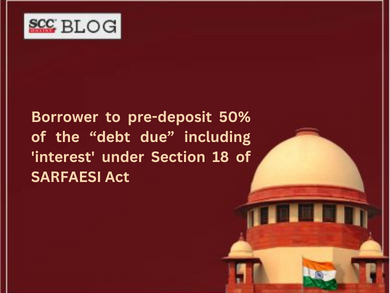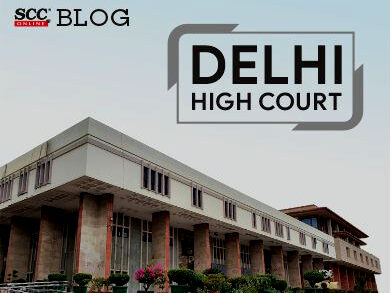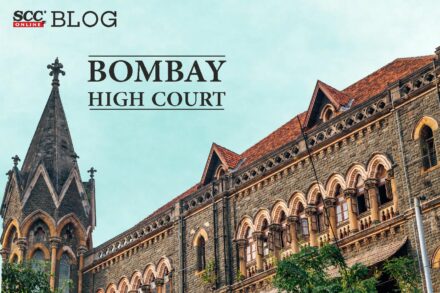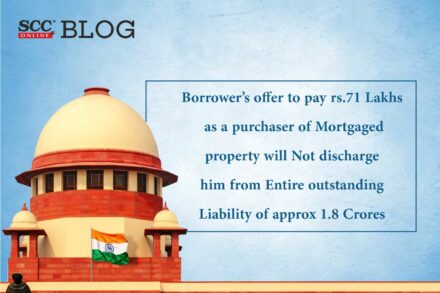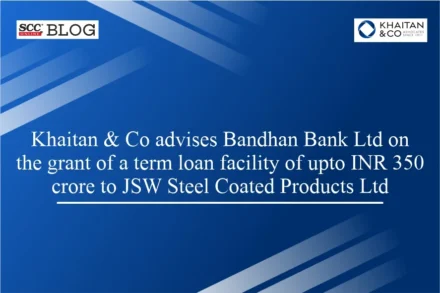
Khaitan & Co advises Bandhan Bank Ltd on the grant of a term loan facility of upto INR 350 crore to JSW Steel Coated Products Ltd
DEAL DETAILS Bandhan Bank Limited | Term loan facility Khaitan & Co advised Bandhan Bank Limited (“Lender”) on the grant of a



